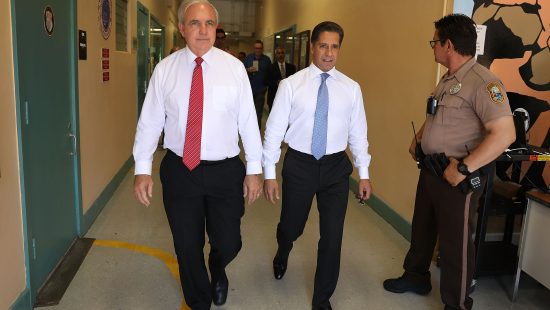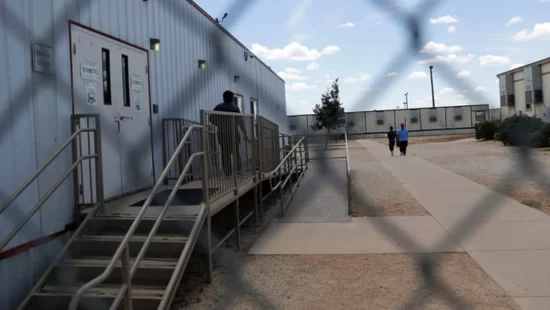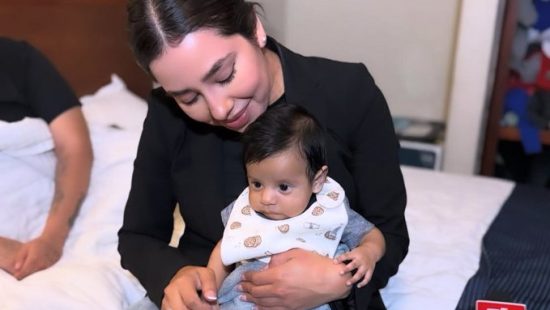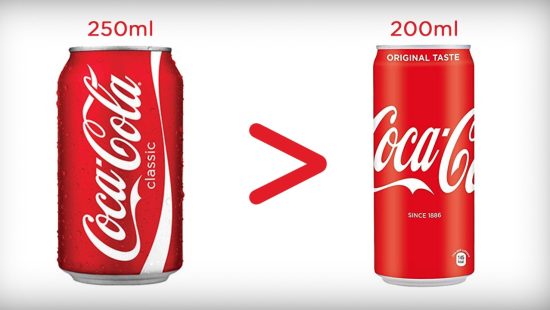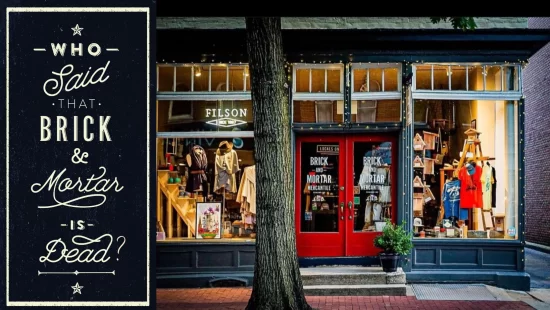Children have not been left out of the Trump administration’s campaign against undocumented immigrants. Deportation without parents’ consent, family separation, obstacles to being taken in by sponsors and the elimination of legal representation in court for children who arrived in the United States unaccompanied are some of the government’s recent initiatives targeting minors.
And now, the “welfare” of such children is the focus of a Department of Homeland Security campaign involving several agencies, including the FBI, which consists of unannounced visits to the homes of undocumented children to check that they are not being abused or exploited. Typically, the checks involve between four and six agents, sometimes armed and in plain clothes, who knock on the doors of homes to interview minors and their families.
“These welfare checks are planting fear, panic and confusion among children and family members around the country. Numerous minorities have been subjected to deportation proceedings after such checks, which are by definition a tactic of migratory control,” says Jason Boyd, vice-president of federal policy for the organization Kids in Need of Defense.
Advocates for impacted minors say that the real objective of these “welfare checks” is actually to find more undocumented migrants, both children and adults, in order to deport them. In two months, 100 children have been removed from their homes and placed under federal custody after the family members they live with were detained or deported, according to a federal official interviewed by the Associated Press who wished to remain anonymous.
“I have no peace,” Juan, a Honduran immigrant who was the sponsor of a teen niece who crossed the U.S. border on her own a few years ago, told the Honolulu Civil Beat.
Last month, upon coming home from work, his neighbors informed him that U.S. Immigration and Customs Enforcement agents had come to look for him and his niece. Now, Juan and his family — his three children, who were born in the United States, attend school in South Kona, Hawaii — leave home at dawn and stay out until night falls. His niece no longer goes to school.
Boyd says that various KIND clients who have experienced welfare checks are afraid to attend school or show up for court dates because they fear that participating in the immigration system or other official procedures could lead to consequences, including their deportation or that of their family members.

